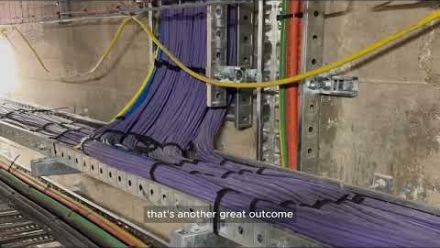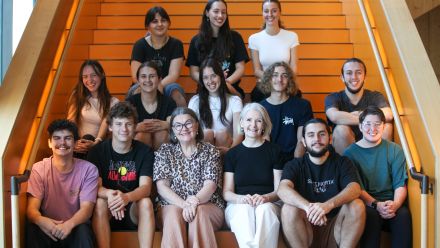Changing the health of the Pacific
It's public health working on a practical level. Certainly there's been a lot of hard work and tribulations on this path, but it's motivated me and countless others as to the impact we can have no matter how limited our resources are.
The Fiji Village Project (FVP) brings together university students with medicine, dentistry, public health and engineering backgrounds from across the Pacific. The students travel to Fiji every year, and work with village communities to help install sustainable clean water systems, complete basic health screening and clinic referrals, and promote health education, sanitation and women's health.
FVP has experienced remarkable growth since its humble roots with 20 students from three universities in the South Pacific to now include more than 90 participants across multiple universities in Fiji, New Zealand and Australia.
Andrew Nguyen, outgoing FVP International Coordinator, explains how much effort is involved in the Project.
"Before and after every trip, assessments are conducted to ensure that the villages with the greatest need can get help, and that the work the students do is able to be sustained," he explains.
"A great deal of fundraising takes place throughout the year – students self-fund their trip including flights and accommodation, and also raise the money needed for medical equipment and new water systems."
Andrew's own experiences in Fiji were intense, overcoming challenges including 'Fiji Time', cyclone season and mosquito breeding following rainy periods.
He recalls one trip where the students had packed up for the day in despair thinking they had run out of time to lay a village's new water pipe. The group arrived back the next day to find the trenches had been dug and the pipes had been laid.
"The villagers were so enthusiastic and motivated by our work that they got involved and kept on digging throughout the night until we returned," he explains.
Andrew is now graduating from the ANU School of Medicine and preparing to hand over to the next generation of volunteers, who he hopes will continue to grow the Project.
"It's public health working on a practical level. Certainly there's been a lot of hard work and tribulations on this path, but it's motivated me and countless others as to the impact we can have no matter how limited our resources are," he explains.


